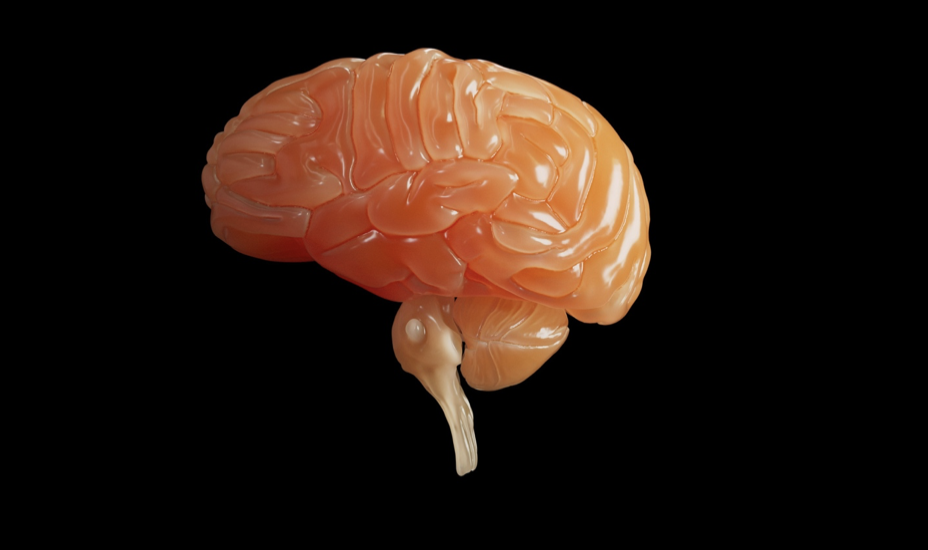Creating custom antibodies can easily be called an art form in modern science. These proteins that have been particularly engineered are crucial for scientists taking on some of the most difficult tasks in the lab. Custom antibodies give the accuracy and reliability that ordinary antibodies simply cannot, whether it is for researching complex diseases or creating new treatments.
They are crafted to target specific molecules with pinpoint accuracy, making your research more effective and insightful. Pretty cool, right? For those looking to elevate their research with high-quality solutions, Proteogenix custom antibody services offer the expertise needed to create these custom tools.
Now, let’s dive right in and explore the strategies behind crafting custom solutions to meet diverse research challenges.
Antibody Design – What Is It?
Antibody design is like creating a custom tool that fits perfectly with a specific job. These proteins are made to recognize and latch onto unique molecules known as antigens. It’s like crafting a key that fits only one lock. This precision is super important for scientists because it helps them study specific targets with incredible accuracy, which is essential for both research and clinical work.
Now, why do we even need customized solutions?
Standard antibodies can be too generic for some research projects. Let’s use the same example as above: think about using a one-size-fits-all key for different locks – it just doesn’t work well, right?
That’s where custom antibodies come into play. They’re designed to match exactly what researchers need, providing better accuracy and results. Whether you’re studying a complex disease or developing a new therapy, having a custom antibody tailored to your specific needs can make a huge difference.
Strategies for Crafting Custom Antibodies
Identifying the Target
The first step in designing a custom antibody is figuring out what exactly you need it to target. Researchers identify the specific molecule or antigen they want the antibody to recognize. This could be a protein, peptide, or any other molecule important to their study.
Antigen Preparation
Once the target is identified, the next step is to prepare the antigen. This involves purifying the molecule and sometimes modifying it to make it more likely to produce a strong immune response. Think of this as fine-tuning your lock so the custom key (the antibody) will fit perfectly.
Immunization Process
Now, it’s time to get the host animals involved. The prepared antigen is injected into animals like mice or rabbits. This kick-starts their immune system to produce antibodies against the antigen. Over several weeks, the animals’ immune systems generate a variety of antibodies, each targeting different parts of the antigen.
Hybridoma Technology
After the animals have produced antibodies, researchers collect the B cells (antibody-producing cells) from their spleens. These cells are then fused with myeloma (cancer) cells to create hybrid cells called hybridomas. These hybridomas can produce large quantities of identical antibodies, which are then screened to find the best ones.
Recombinant Antibody Technology
This method uses genetic engineering to produce antibodies. Researchers insert the gene that codes for the desired antibody into an expression system, like bacteria or mammalian cells. This system then produces the antibody in large quantities. It’s a bit like programming a factory to manufacture custom keys.
Phage Display
Phage display is a technique where researchers use bacteriophages (viruses that infect bacteria) to display antibody fragments on their surfaces. They can then select the high-affinity antibodies from these large libraries. This method is particularly useful for finding antibodies that bind very strongly to their targets.
Antibody Engineering
Once antibodies are produced, they can be further refined through antibody engineering. This includes modifying them to be more human-like (humanization) to reduce immune reactions when used in humans or increasing their binding strength (affinity maturation).
This should sum up the process and make it a bit more understandable. Now, let’s go a bit further – let’s see how scientists can implement these new antibodies they produced!
Applications of Custom Antibodies
First things first, let’s make a clear distinction between how these antibodies are used in different scientific fields. They are usually used for three purposes:
- Research Applications
Custom antibodies are incredibly versatile tools in research. Here are a few ways they’re used:
Cell Signaling Studies: Scientists use custom antibodies to monitor and measure specific signaling proteins within cells. This helps them understand how cells communicate and respond to different signals.
Protein Interaction Studies: Custom antibodies can isolate specific proteins from a mix, allowing researchers to study how these proteins interact with others. It’s like pulling out one thread from a tangled mess to see how it weaves with others.
Biomarker Discovery: Researchers use custom antibodies to identify and validate new biomarkers for diseases. This can lead to the development of better diagnostic tests and new treatment options.
- Clinical Applications
Custom antibodies aren’t just for the lab—they have huge impacts in the clinic, too:
Diagnostics: Custom antibodies are used in diagnostic tests to detect diseases with high accuracy. For example, they can be designed to recognize specific cancer markers in blood samples, allowing for early detection and better prognosis.
Therapies: In treatment, custom antibodies target specific cells, like cancer cells, without harming healthy ones. This targeted approach reduces side effects and makes treatments more effective. Monoclonal antibodies, for example, can be engineered to bind to specific antigens on cancer cells, marking them for destruction by the immune system.
- Case Studies
There are many success stories where custom antibodies have made a significant difference. For instance, in cancer research, custom antibodies have been crucial in developing therapies that specifically target tumor cells, leading to more effective treatments with fewer side effects. Who knows – maybe these antibodies are the key to curing cancer completely!
Benefits of Custom Antibody Design
One of the biggest advantages of custom antibodies is their specificity and sensitivity. Because they are designed to target specific molecules, custom antibodies can bind to their targets with high precision.
This reduces background noise in experiments and increases the reliability of results. It’s like having a tool that fits perfectly for a particular job, making the process much more efficient and accurate. It’s incredible how scientists could produce antibodies with such a precise job!
Enhanced Research Outcomes
As mentioned above, custom antibodies are so important in research, as well! With them, researchers can achieve much more detailed and accurate data. This leads to faster scientific advancements because experiments are more reliable and results are easier to interpret.
No matter what you do – identify new biomarkers or study intricate cell signaling pathways – custom antibodies provide the precision needed to make groundbreaking discoveries.
Improved Clinical Outcomes
In the clinical setting, custom antibodies are real game-changers. They make diagnostic tests more accurate and treatments more effective.
For example, custom antibodies used in therapies can specifically target cancer cells while leaving healthy cells unharmed, as we discussed already. This targeted approach not only improves the effectiveness of treatments but also reduces side effects, leading to better patient outcomes.
Challenges and Solutions in Antibody Design
Of course, like anything else in this world, designing custom antibodies isn’t without its hurdles. Researchers often face challenges such as ensuring the antibodies are specific enough to avoid cross-reactivity with other molecules. Also, producing antibodies that are stable and functional in various conditions can be tricky, so scientists and researchers have to be extremely careful!
Luckily, there are advanced technologies and methods to overcome these challenges!
Techniques like recombinant antibody technology and phage display help create highly specific and stable antibodies. Moreover, ongoing research in antibody engineering continuously improves these proteins, making them more effective and easier to produce!
The Future Is Here!
Luckily for all of us, the field of antibody design is always advancing – new trends and technologies are making custom antibodies even more powerful!
To explain through an example, techniques like high-throughput screening and advanced bioinformatics are being used to identify the best antibody candidates more quickly and accurately. These methods are making the design process so much easier and improving the chances of creating effective antibodies.
All in all, the future of antibody design holds so many exciting possibilities! Custom antibodies could be used to develop personalized medicine approaches, where treatments are tailored to the patient based on their unique biological makeup. Imagine that!
Also, as we continue to face new and emerging diseases, custom antibodies will be crucial in developing rapid and effective responses. The potential for these tailored solutions is huge, promising a future where medical treatments are more precise, effective, and personalized! What a world to live in!







